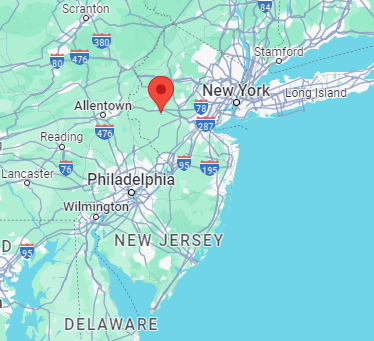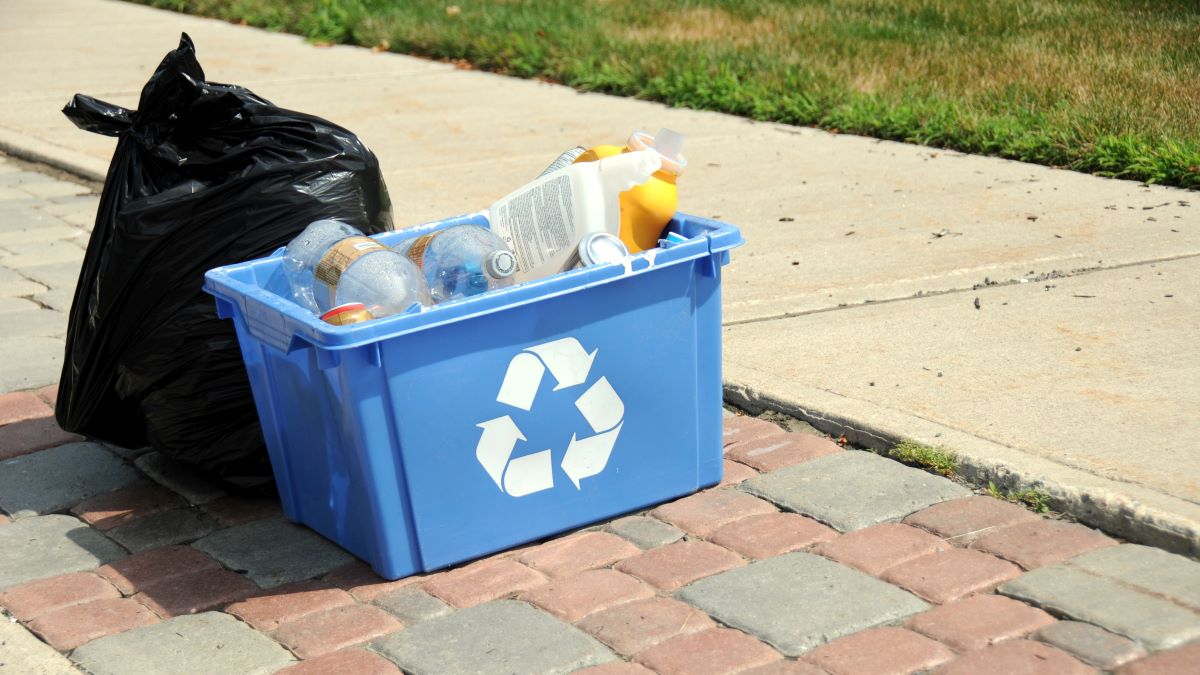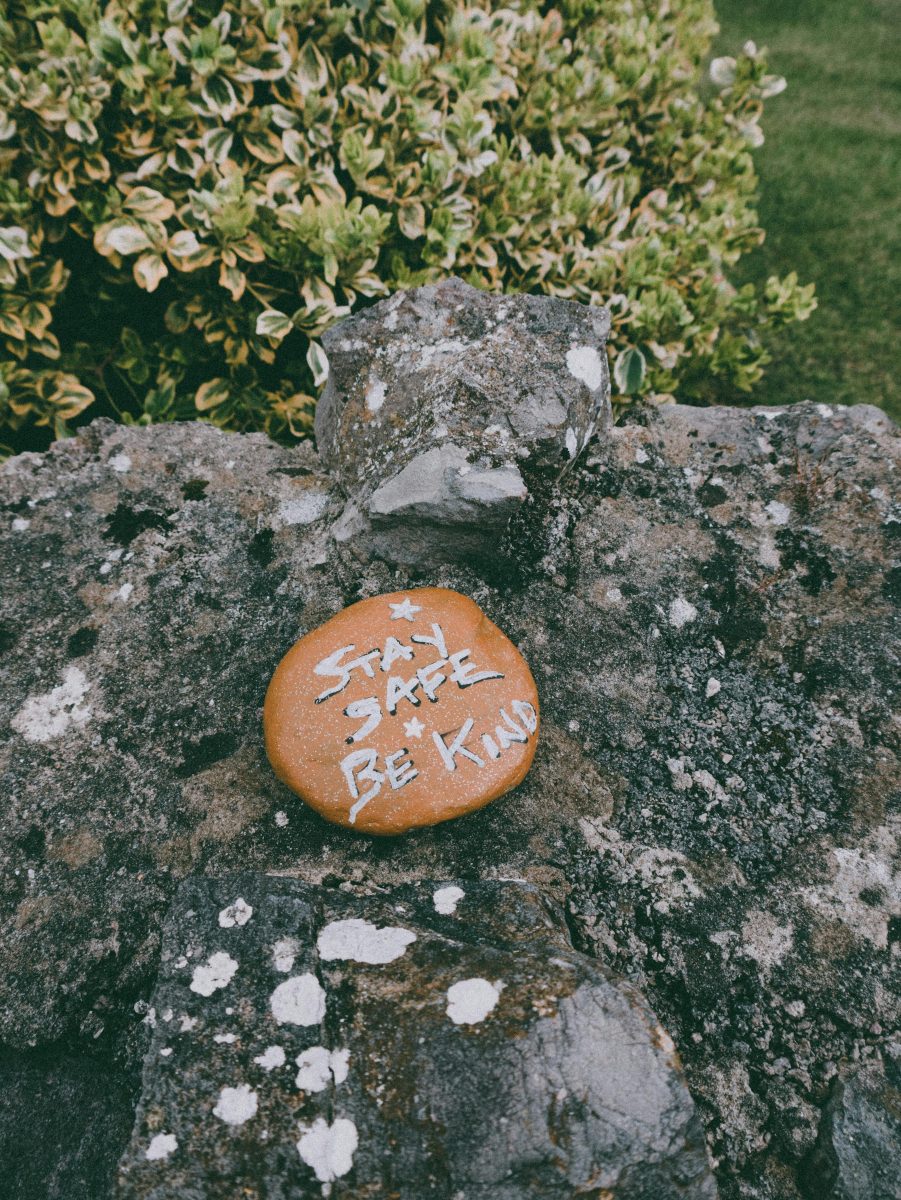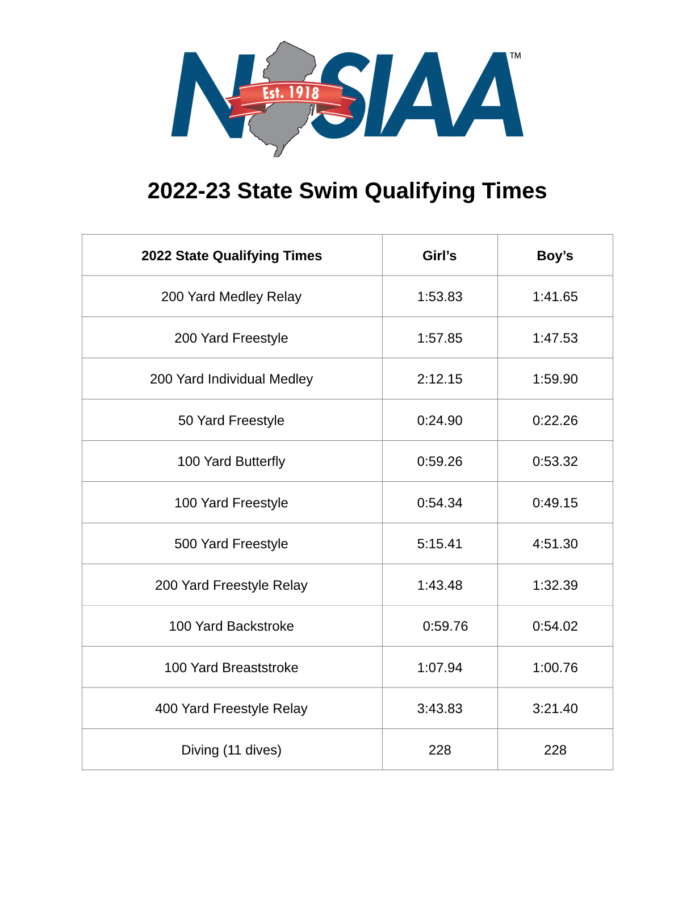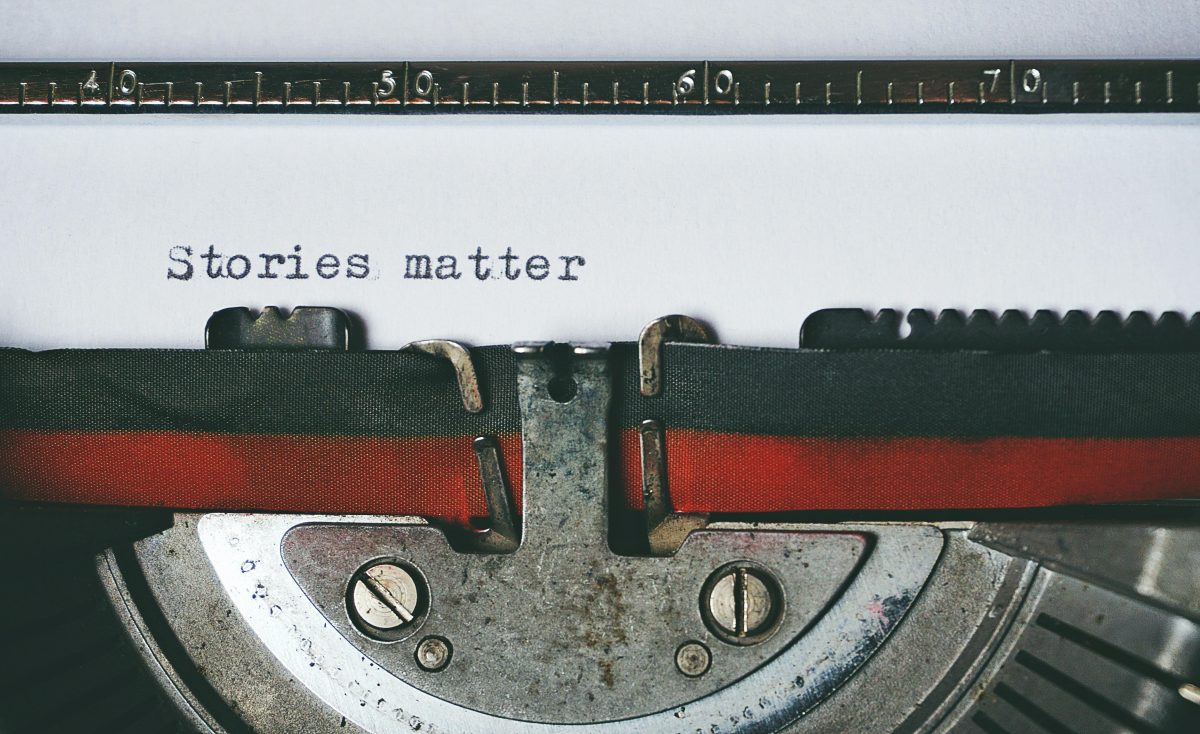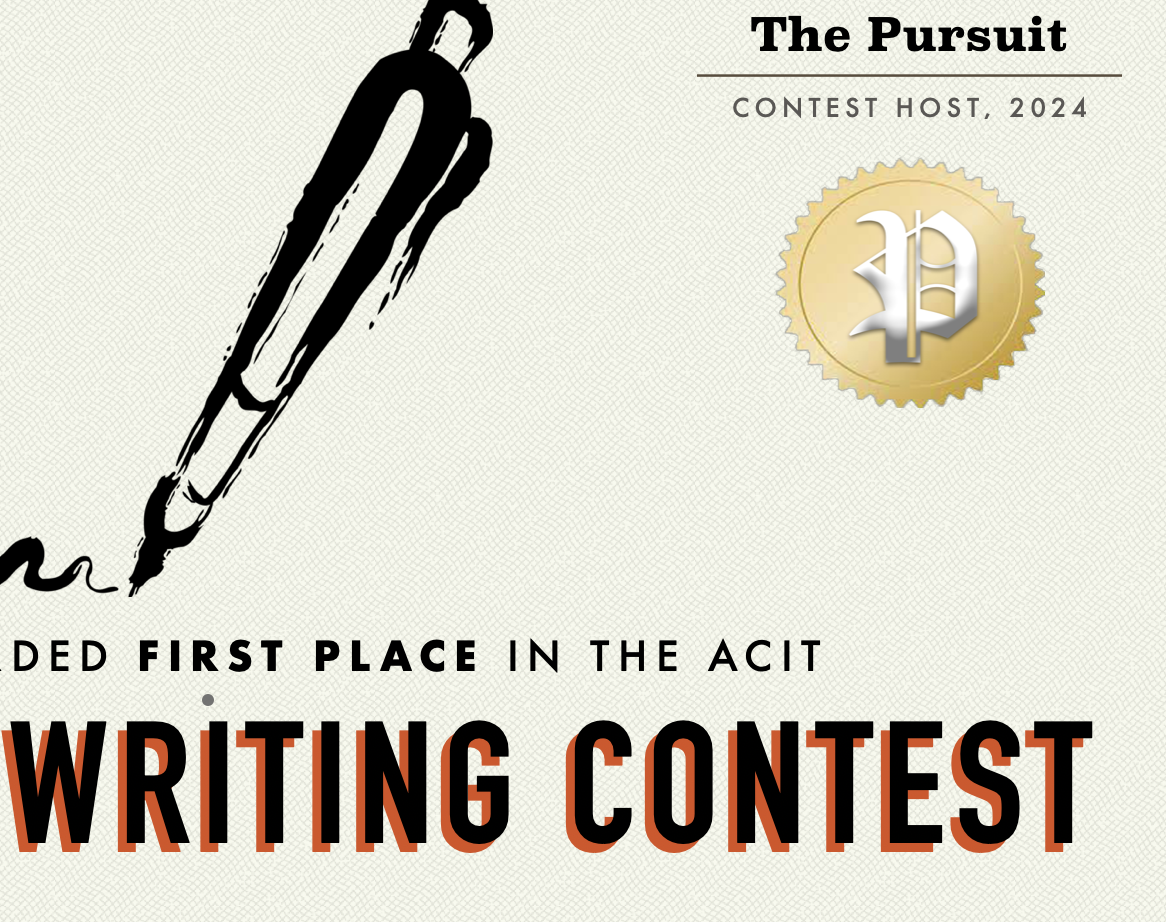With Earth Day having been celebrated earlier this month, many people have, once again, been reminded of things like air pollution and its association with fossil fuels and microplastics. However, the more commonly discussed topic on Earth Day–and perhaps the more immediate problem we can tackle, is litter.
When it comes to combating litter, what comes to mind to many is the catchy slogan Reduce, Reuse, Recycle. However, a study done by the Recycling Partnerships this past January shows that only 21% of recyclables are actually recycled in US households. One thing is clear: recycling isn’t as simple as its catchy phrase wants us to think.
So, how should we recycle?
To Recycle, or Not to Recycle?
Starting with the basics, let’s cover what materials are recyclable. Most people know that paper, metals, glass, and cardboard are the main recyclable materials.
Things such as food waste are generally believed to be not recyclable.
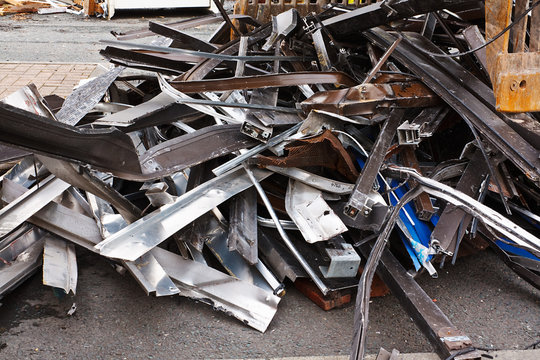
What else is not recyclable? Anything that could tangle and damage the machinery used in recycling centers, such as wires and hoses. Other non-recyclables include: medical waste, like needles, bandages, cloth, and rubber; and garage waste, such as tires, vent filters, and scrap metals.
The Truth About Plastic
In American education, plastic is taught as a recyclable material, similar to paper and cardboard. However, what most people don’t know is that most plastics are not recyclable.
Plastic bags, plastic wrap, foamy plastics such as egg cartons, plastic cups, chip bags, and even many kinds of plastic packaging are not recyclable.
On the other hand, some plastics, such as plastic bottles, cartons, trays, and containers are all recyclable plastics.
Additionally, do NOT put a plastic bag in your recycling bin, even if it contains recyclables. Instead, empty the recyclables into your bin and reuse the bag!
Squeeze Test
If you are unsure of whether something is recyclable or not, a good rule of thumb is to squeeze it in the palm of your hand for a little bit. If it stays crumbled, it can be recycled. However, if it begins to pop back out then it should be disposed of in the trash.
Clean it Out
One of the biggest mistakes people make while recycling is not cleaning dirty recyclables. Anything that you recycle must be clean of food waste, unrecyclable materials, wax, and leftover residue before properly putting it into the recycling bin.
If recyclables aren’t clean, they could contaminate your bin, other recyclables, and potentially the machinery used in recycling centers.
Do Not Trust the Labels
Generally, people will recycle anything that has the 3 arrows on it. However, that often can’t be trusted. Things such as plastic wrap and egg cartons show those signs, but are very much undesired in the recycling centers.
Bottom line for this one: Always judge by the material and shape, not by the labels.
Big Things Do Not Belong
We can’t just discuss the small things when it comes to recycling. The big things matter, too.
Often, people attempt to recycle large scraps that simply don’t belong. For example, large metal scraps from cars and boats should not be recycled. A similar thing can be seen with large plastics, such as buckets, swing sets. These should all be thrown away.
More Reducing and More Reusing
With all this talk about recycling, let’s not forget about the other two parts of that catchy slogan. Reducing the amount of waste you use in everyday life assists in healing the planet.
There are many ways to reduce what you use. Most effectively, there’s buying less stuff. Assess what costs you could cut out when shopping, and cut them out. The Earth, and your bank account, will thank you.
Reusing can also be just as effective at lowering your waste. The easiest way would be to reuse plastic bags for extended periods of time. You can also reuse many of your packaging and use the boxes as storage containers.
Leftover and unneeded paper can prove to be a valiant and simple way to encase and protect fragile materials like porcelain or glass. There are many other ways to reuse. You just have to get creative!
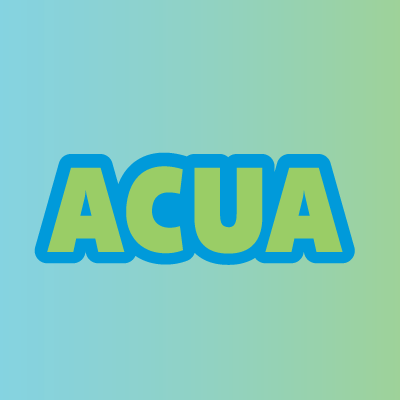
Make a Compost Bin
This can be counted as reusing, but it’s a very special case. If you ever plan on growing your own crops or planting a garden, compost bins are extremely helpful to have. Done correctly, compost can be very healthy for your soil and plants.
Compost bins can also be counted as reducing your waste. Kitchen scraps such as fruit skin, fruits, vegetables, roots, leaves and more are all key components of an at-home compost bin.
While starting a compost bin can be complicated, there are multiple online resources to help you get started, including “Composting 101” located on the ACUA website.
Tap Into the ACUA
Of course, none of these rules are truly set in stone. They can vary from county to county, city to city, and state to state. Even country to country.
If you are unsure about any other rules regarding recycling simply check your area’s recycling guidelines. Since we are all somewhere in Atlantic County, it’s best to refer to the ACUA website for any questions about recycling in our community.
There’s no doubt that recycling is important. These tips should help us all better abide by the simple (yet not so simple) slogan Reduce, Reuse, Recycle, and help us make our Earth a little bit greener!
Sources
- Lee, Y., Cho, J., Sohn, J., & Kim, C. (2023). Health Effects of Microplastic Exposures: Current Issues and Perspectives in South Korea. Yonsei medical journal, 64(5), 301–308. https://doi.org/10.3349/ymj.2023.0048
- “Recycling 101 – What Is Recycling & What to Recycle.” WM, www.wm.com/us/en/recycle-right/recycling-101. Accessed 29 Apr. 2024.
- “What Plastics Can and Cannot Be Recycled?” SL Recycling, 6 June 2023, https://www.slrecyclingltd.co.uk/what-plastics-can-and-cannot-be-recycled/.Accessed 29 Apr. 2024
- Appel, Marjory, et. al. (2024). State of Recycling: The Present and Future of Residential Recycling in the U.S. The Recycling Partnership. https://recyclingpartnership.org/wp-content/uploads/2024/01/Recycling-Partnership-State-of-Recycling-Report-1.9.23.pdf. Accessed 29 Apr. 2024.
- NA. (2024). Recycling Information. Atlantic County Utilities Authority. https://www.acua.com/Community-Hub/Educational-Resources/Recycling-Guidelines.aspx. Accessed 29 Apr. 2024.
